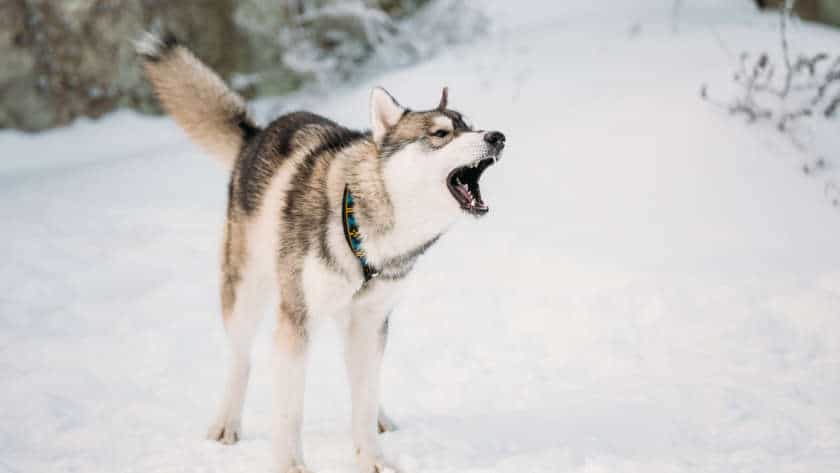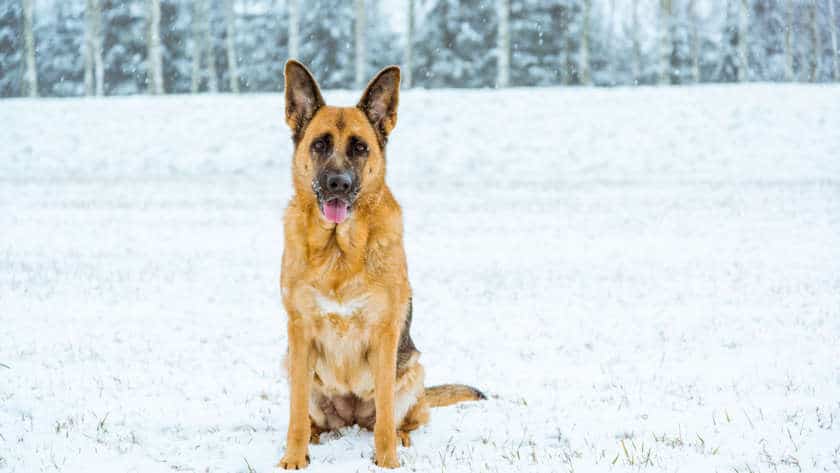How Other Dogs Can Trigger Barking in Your Pet Dogs are social creatures and they bark to talk to one another. When your pup hears other doggies barking, it may cause them to bark too. Here are some reasons why:
Defense - They might bark as a defense reaction if they feel threatened by the…










